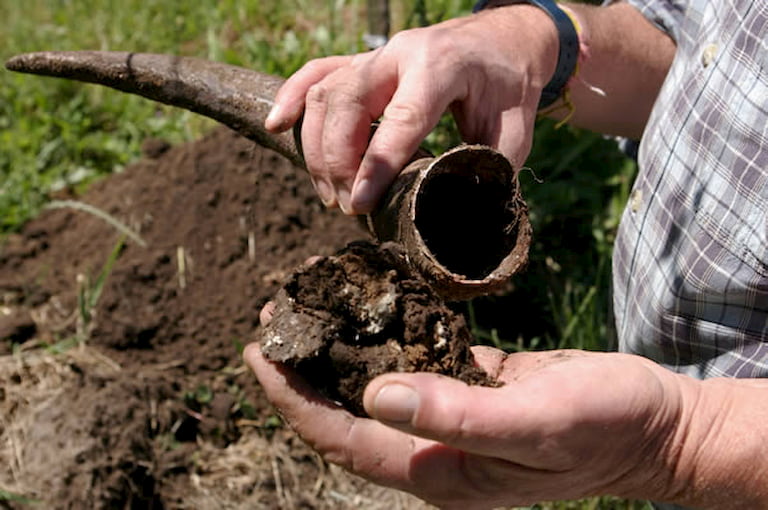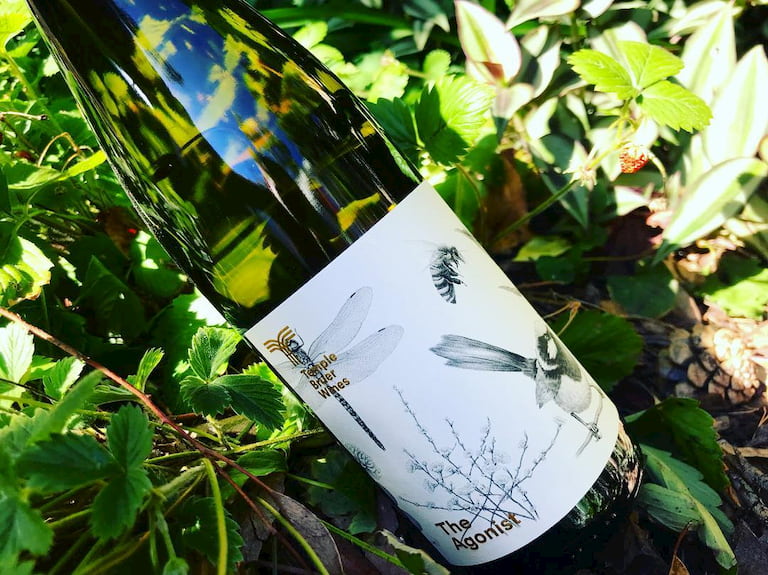Contents
If you consider yourself a true wine geek with a lot of enthusiasm for trying all kinds of wines, there is one type in particular that might get you excited – biodynamic wine. What’s makes these unique is their rich taste, the fewer chemicals added, easier hangovers and being kinder to the environment.
What are Biodynamic Wines?
This wine is made using a set of farming practices that view the vineyard as a whole organism. Therefore it can be said that it’s more of a holistic, spiritual philosophy of winemaking rather than solely a scientific one. There is a broad interpretation of what exactly constitutes biodynamic farming. Let’s just say that some of its aspects are quite logical, like crop rotation and the promotion of biodiversity, while others can be a bit odd to everyday drinkers like pruning and harvesting the vines according to the movement of the moon and burying a cow horn packed with fermented dung to bring cosmic forces into the soil. Biodynamic farming is the same as organic, they both avoid the use of chemical herbicides and fertilizers, except that the biodynamic process goes a step further than organic by incorporating esoteric elements.

Although some may question the effectiveness of biodynamic farming, in fact, farms must pass the usual period of three years until they can be certified as organic to ensure that they comply with the strict standards and the wines are being produced without the use of synthetic pesticides and fertilizers. In Australia, there are many organic farmers that practice biodynamic methods. The Australian Certified Organic (ACO) can cover both biodynamic and organic certification. Therefore to ensure that the product is genuinely biodynamic, look for a certification logo such as ACO.
Another point that’s worth mentioning is the absence of added sulphites. Although there are no scientific studies that directly link added sulphites in vines with hangovers, it is still better to consume less of them, since ditching additives is always a good thing. Sulphites are naturally present in the grapes so every wine will have sulphite,s but they can be additionally added to preserve the freshness of the wine. However, biodynamic wines contain only a very small amount of additives or not at all. Usually, wines that are labelled as sulfite-free are those that contain only a small amount of sulphites or no more than 10mg per liter.
There are great certified wines that can be found these days that are both tasty and made in harmony with nature. That being said, let’s go though a few things that can help you choose a biodynamic wine.
Be Open-Minded

You might discover new flavours that you haven’t encountered before. But that’s one part of the beauty of these wines. Also, as these wines are usually unfiltered and unrefined, they can sometimes look cloudy. This certainly isn’t a bad thing – just think how a cloudy apple or peach juice is a sign of quality. You might even occasionally come across tartrate crystals that can taste a bit like sherbert. Again it’s all about embracing the adventure and learn to love the taste of biodynamic wines.
Go for Quality Over Quantity

Biodynamic wines usually tend to cost a bit more than traditional wines. That’s because biodynamic winegrowers must pay more manpower for manual labour which adds to the final price of the product. But what this means is that you would drink less, but better. Although the biodynamic approach doesn’t necessarily impact the flavour of the wine, there are many who disagree. The combination of lack of pesticides and implementing farming practices that are in tune with nature renders biodynamic wines products of a higher-quality than conventional wines taste-wise. There are many who believe that the biodynamic approach captures the natural beauty of the grapes, which can be tasted in clear and direct flavours of the wine. This is especially true for white wines, particularly if you prefer the crisp Sauvignon Blanc, for example. The biodynamic equivalent would be much fuller in texture and would reveal honeyed and acacia-type aromas. With this being said, they sure have something special about them, rather than the industrially manufactured, mainstream wines that are widely available.
Shop Independent
Today, there are over 700 producers worldwide that make bio wines and sell them worldwide. But whenever possible, buy from small, independent wine shops. That’s because they are the most likely to stock natural wines that are made in that area and are not being shipped. They are also likely to know a lot about the wines they sell and are best suited to give advice. Nowadays, you can even find some biodynamic wines appearing on the wine list of your favourite small bar or pub. Although you can buy biodynamic wines from a local shop, for those that love the ease of buying online, there are many online shops that also offer a wide range of wines.


